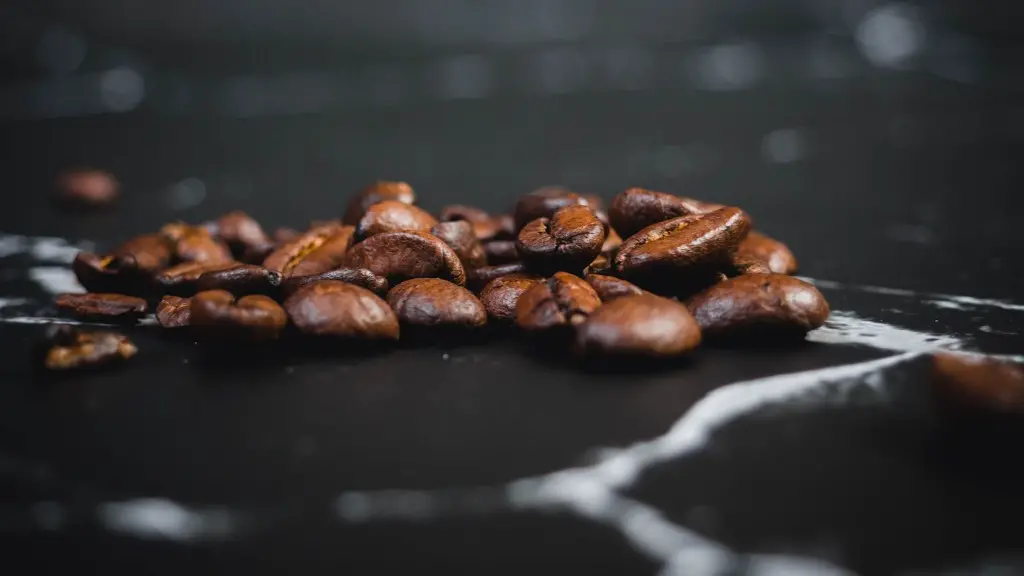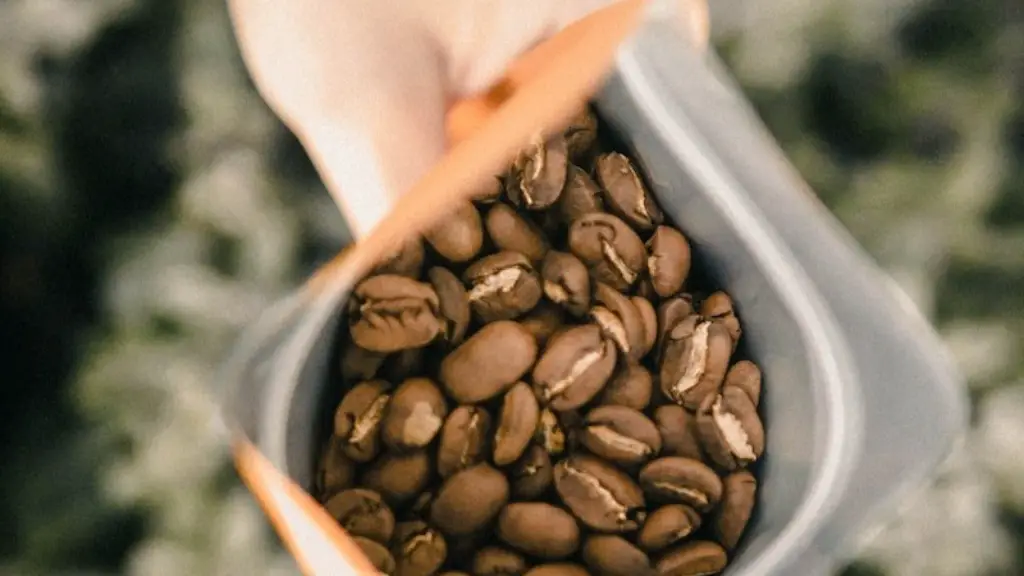Overview
Fasting has become one of the more popular dietary strategies for people looking to lose weight and improve health. Intermittent fasting, in particular, allows for consistent calorie restriction, reducing the risks often found in constant dieting. Many have asked if it’s okay to drink regular coffee, particularly from an energy perspective, while fasting. Let’s explore when intermittent fasting should involve coffee and look into the wider health effects of caffeine and fasting overall.
Energy During Fasting
When you’re on an intermittent fasting diet, you still need to maintain a certain level of energy throughout the day. Most diets involve some form of calorie restriction, making it difficult to recharge and focus. In these instances, many people turn to coffee for a nervous system boost. Whether you can drink coffee during intermittent fasting comes down to the type of fasting you’re engaging in, and what health and lifestyle goals you’re trying to achieve in the process.
Types of Fasts
When it comes to intermittent fasting, there are three main types: daily intermittent fasting, alternate day fasting and time-restricted eating. Daily intermittent fasting involves reducing calorie intake for certain periods of time each day such as 16:8 fasting where you fast for 16 hours and feed in an 8-hour window. In alternate day fasting, you usually fast for 24 hours every other day and eat whatever you want within the other 24 hours. Time-restricted eating involves restricting eating to a certain window of time each day, usually 8-12 hours.
Can You Drink Coffee While Fasting?
Yes and no. Generally speaking, you won’t be consuming calories when drinking coffee, so it’s unlikely that it’ll break your fast. It’s widely accepted that coffee, tea, and calorie-free drinks are allowed during a fast. However, if you’re adding cream and other high-calorie ingredients to your coffee, then it may break your fast and slow down the process of weight loss. Generally, experts advise against using sweeteners, syrups and creamers to avoid unnecessary calorie intake.
Caffeine and Fasting
Caffeine generally isn’t seen as a problem when it comes to intermittent fasting, with many studies pointing to its potential fat-burning properties. However, the effects of caffeine vary wildly from person to person, and its high dose may cause some people to experience rapid heartbeat or excessive fatigue. Scientists suggest that you can reap the benefits of intermittent fasting while avoiding these effects as long as you don’t exceed 500mg of caffeine per day.
Fasting and Weight Maintenance
Intermittent fasting can help expel fat and reduce hunger. This form of dieting balances hormones and insulin, which is vital for maintaining a healthy weight. An intake of coffee can increase energy levels and help sustain healthy habits. Studies suggest that caffeine could also speed up your metabolism, potentially benefitting individuals looking to lose weight. But it’s important to remember that the effects of caffeine vary from person-to-person, so it’s good practice to check with your doctor before undertaking any new dietary habits.
Fasting and Performance
Coffee is used by many athletes to improve performance during training and competition. While caffeine can improve mental performance and reduce feelings of tiredness, this largely depends on the frequency and dose of caffeine. In one study, researchers found that caffeine ingestion improved performance during cycling and running trials. This indicates that caffeine could be beneficial to intermittent fasters in terms of physical performance and energy levels.
Health Benefits of Fasting
Intermittent fasting has become popular in recent years for its health benefits, ranging from fat-loss to improved mental health. In addition to this, fasting provides a host of heart benefits such as lowered triglyceride and cholesterol levels, a decrease in blood pressure and reduced inflammation. However, when drinking coffee during intermittent fasting, it’s important to watch consumption of sugar, cream, and other sweetener as these may coat the arteries and negate the benefits.
Side Effects of Caffeine
Some research suggests that larger amounts of caffeine can be detrimental, leading to decrease in insulin sensitivity and type 2 diabetes. An increased use of caffeine can lead to palpitations, restlessness, headaches and insomnia. Increased coffee consumption can be addictive and lead to dependency. Therefore, it’s important to closely monitor your intake of coffee and food when undertaking an intermittent fast to lower the risk of developing unwanted side-effects.
Summary
Intermittent fasting is a popular dieting strategy for weight loss, but if done incorrectly, it can have serious side-effects. Coffee is often used to maintain energy and focus during a fast. Its merits depend on the type of fasting you’re engaging in and the dose of caffeine you are consuming. Caffeine can provide energy to athletes and those involved in physical activities, whilst also providing mental benefits. When done safely, fasting accompanied by the regular but controlled intake of coffee can provide health and fitness benefits.


